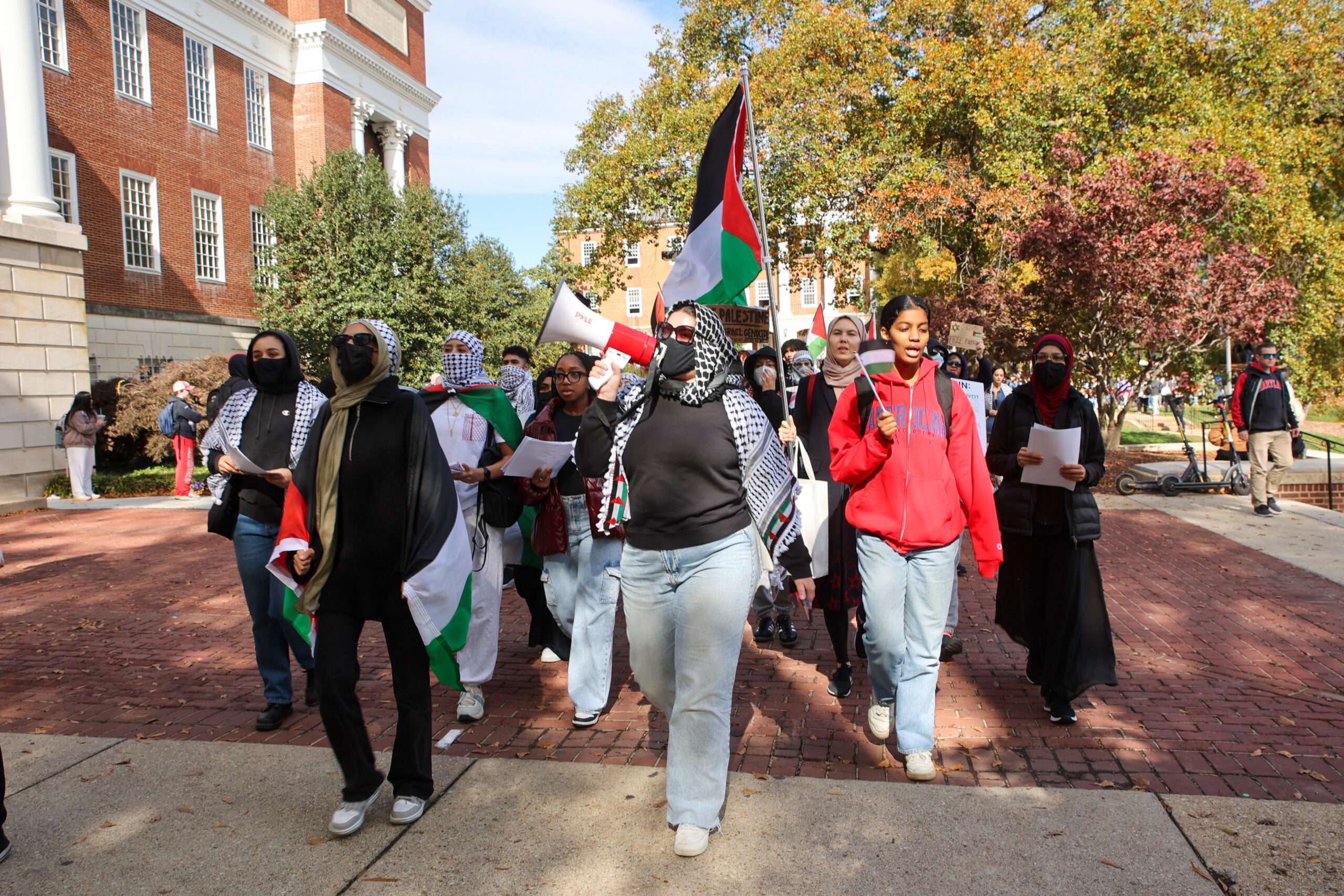The University of Maryland is currently facing legal action after abruptly canceling all student expressive activities scheduled for October 7. This decision was made in response to a significant number of complaints about events organized by campus pro-Palestine groups to commemorate the anniversary of Hamas’ massacre of over 1,000 Israeli civilians last year.
University of Maryland President Darryll J. Pines explained in a statement that he requested a safety assessment for that day due to the extensive feedback received from various perspectives. Despite finding no immediate threat, Pines opted to only host university-sponsored events promoting reflection on the day while canceling all other expressive events.
However, this decision did not deter dissent. Less than two weeks later, the University of Maryland Students for Justice in Palestine (UMD-SJP) chapter filed a lawsuit against the university, asserting that the cancellation of student expressive activities on October 7 violated their First Amendment rights.
The lawsuit argued that prohibiting student-selected speakers from presenting at any University System of Maryland campus on that day constituted a severe prior restraint. It emphasized that campus officials cannot establish blackout days for free expression, even for emotionally or politically charged occasions.
UMD-SJP had originally tried to reserve a university green space for a vigil commemorating lives lost in Israel’s attack on Gaza, but faced pressure to cancel their reservation. Despite initial assurances of protecting free speech, the administration ultimately announced a ban on all expressive activities for the day.
In support of the lawsuit, an amicus brief from organizations like the ACLU, FIRE, and the Knight Foundation criticized the university’s attempt to silence all student speech for a single day. The brief highlighted the impracticality and negative implications of such a broad restriction on expressive events related to Israel and Palestine.





